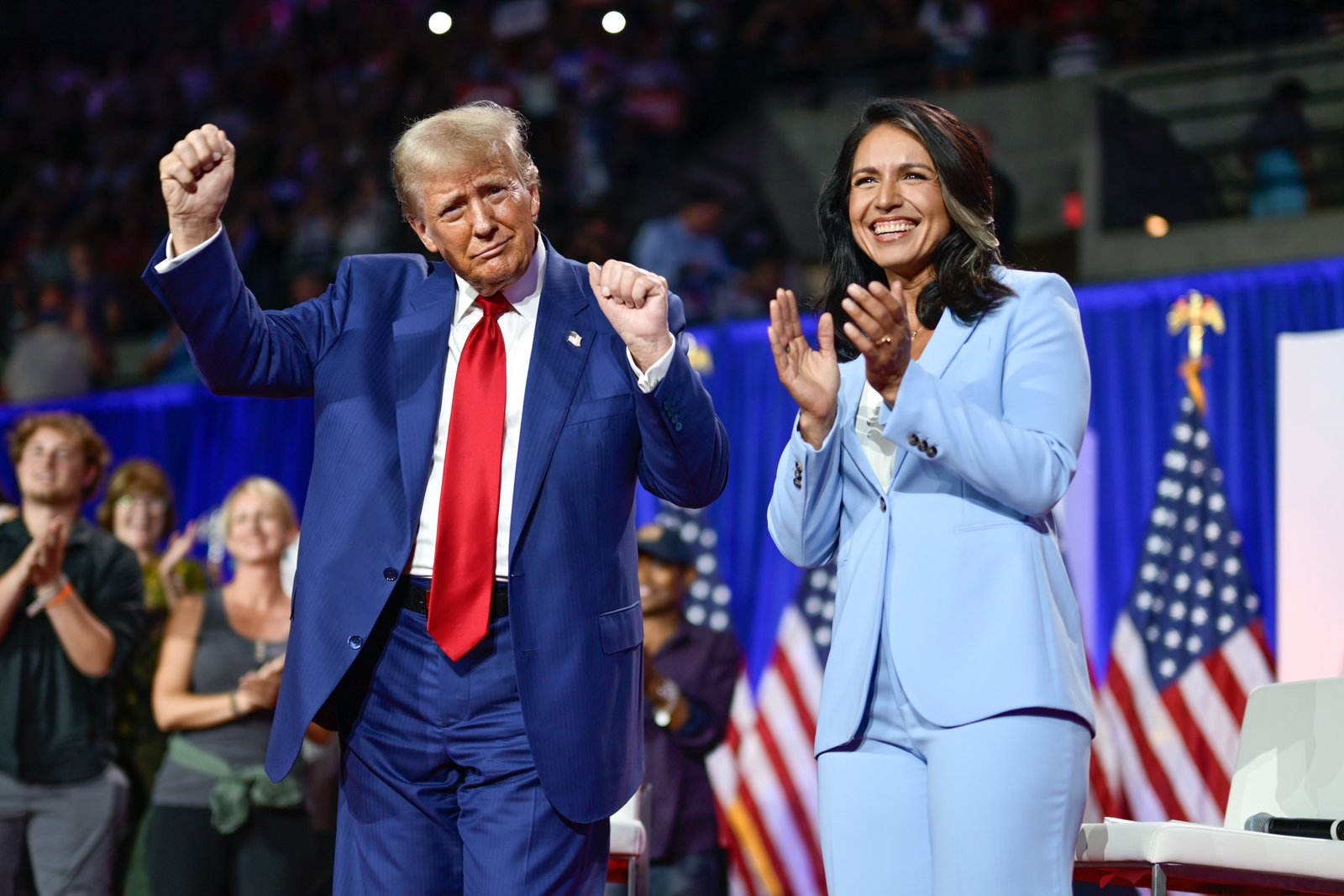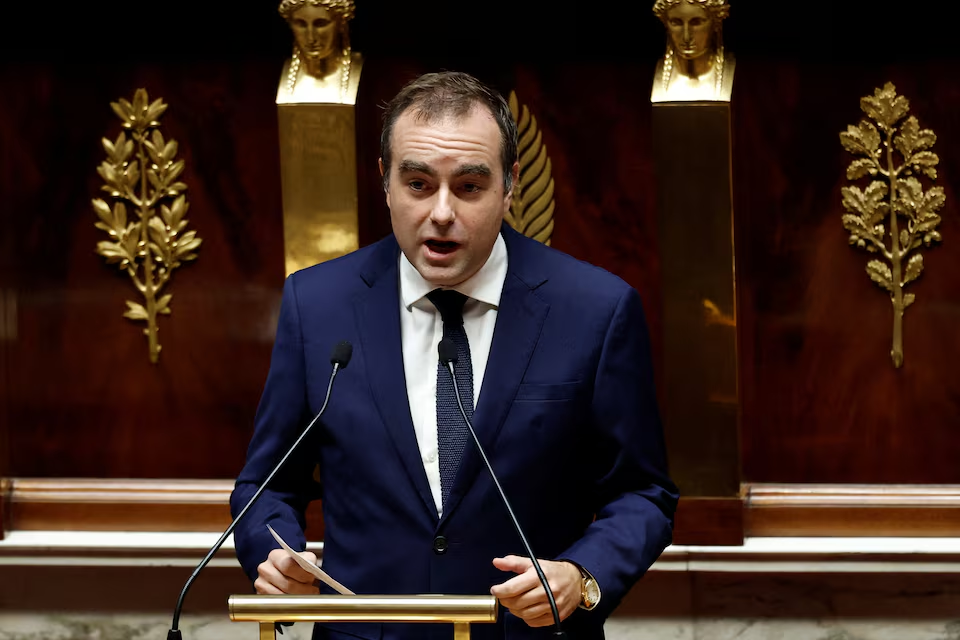Tulsi Gabbard Approved by Senate as U.S. Director of National Intelligence
Tulsi Gabbard has been confirmed as the Director of National Intelligence of the United States, despite criticism regarding her experience and controversial statements. The Senate confirmed her for the position, making her the 14th member chosen by President Donald Trump. Earlier, there had been doubts among Republicans about her appointment, but she gained their support after promising to prioritize essential intelligence operations.
Senator Mitch McConnell from Kentucky, who was previously the leader of the Republican Party, was the only Republican to oppose Gabbard's appointment. He expressed concerns about the "unnecessary risks" posed by her past statements and actions. McConnell said, "In my assessment, Tulsi Gabbard has failed to demonstrate that she is prepared to assume this tremendous national trust."
McConnell cited Gabbard’s positions on Putin, China, and Edward Snowden as reasons for his opposition. Gabbard faced criticism for supporting Snowden, the former government contractor who leaked classified U.S. information. However, during her hearing, Gabbard acknowledged that Snowden broke the law, although she did state that his actions exposed unconstitutional programs.
Gabbard, who is a Lieutenant Colonel in the National Guard and has participated in two Middle Eastern deployments, ran for president in 2020. Despite her military experience, she lacks formal intelligence credentials and has not led any government organizations.
During the Senate hearing, Gabbard’s 2017 meeting with Bashar al-Assad and her comments regarding the alleged use of chemical weapons in Syria caused controversy. Additionally, Gabbard's position on Ukraine, aligning with Russian narratives, and her opposition to U.S. surveillance law Section 702 also drew criticism.
Initially hesitant Republican senators ultimately supported Gabbard, as she committed to prioritizing the critical functions of the National Intelligence Office and serving as the President's primary intelligence adviser.










